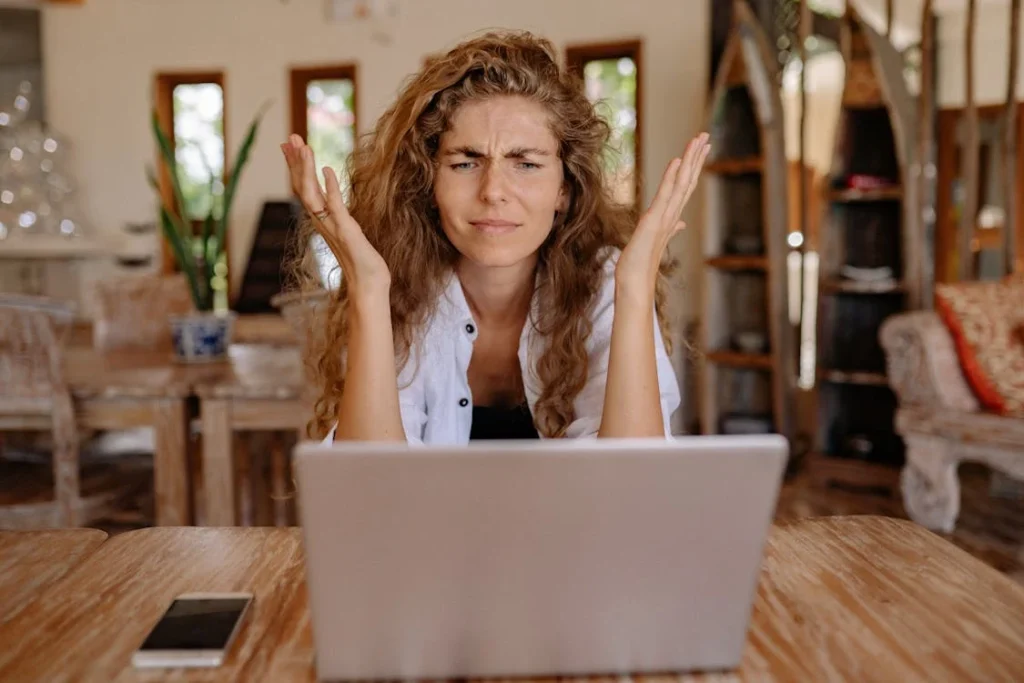Unlock the secrets to stress reduction and find inner peace with our comprehensive guide. Learn effective techniques to manage stress and improve your overall well-being starting today.
Stress Reduction: Understanding the Basics
Stress Decrease, otherwise called pressure the board or stress help, envelops a scope of practices pointed toward limiting the adverse consequences of weight on the brain and body. It includes distinguishing stressors, carrying out survival strategies, and encouraging a feeling of quiet in the midst of life’s difficulties.
Stress Reduction Techniques:
Deep Breathing Exercises:
Profound breathing activities are a basic yet strong method for diminishing pressure at the time. By zeroing in on your breath, you can quiet the brain and advance unwinding.
Mindfulness Meditation:
Care contemplation includes focusing on the current second without judgment. It has been displayed to decrease pressure, tension, and work on in general prosperity.
Regular Exercise:
Participating in customary actual work discharges endorphins, which are regular pressure relievers. Whether it’s yoga, running, or moving, find an activity that you appreciate and make it a standard piece of your daily schedule.
The Connection Between Stress and Health
Constant pressure can negatively affect both our psychological and actual wellbeing. From debilitated invulnerable frameworks to expanded hazard of coronary illness, the impacts of pressure ought to be acknowledged with a sober mind. By carrying out successful pressure decrease strategies, we can safeguard our wellbeing and prosperity in the long haul.
Tips for Managing Stress in Daily Life
Practice Time Management:
Focus on assignments and allot time for unwinding and taking care of oneself. Viable using time effectively can assist with decreasing sensations of overpower and push.
Set Boundaries:
Figure out how to express no to responsibilities that add superfluous pressure to your life. Defining limits is fundamental for safeguarding your significant investment.
Connect with Others:
Look for help from companions, family, or a specialist. Discussing your sentiments can give point of view and assist with mitigating pressure.
Prioritize Self-Care:
Set aside a few minutes for exercises that sustain your whole self. Whether it’s perusing a book, cleaning up, or taking a nature walk, focus on taking care of oneself exercises that give you pleasure.
Frequently Asked Questions (FAQs)
Q: What are the long-term effects of chronic stress on health?
A: Chronic stress can lead to a variety of health problems, including heart disease, high blood pressure, obesity, and depression.
Q: How can I incorporate mindfulness into my daily routine?
A: Start by setting aside a few minutes each day for mindfulness meditation or simply practicing mindfulness during everyday activities such as eating or walking.
Q: Is stress always harmful?
A: While acute stress can be a normal response to challenging situations, chronic stress can have detrimental effects on both physical and mental health.
Q: Can stress reduction techniques help improve sleep quality?
A: Yes, practicing stress reduction techniques such as deep breathing or meditation can help promote relaxation and improve sleep quality.
Q: What role does diet play in stress reduction?
A: Eating a balanced diet rich in fruits, vegetables, and whole grains can support overall well-being and help reduce stress levels.
Q: How can I deal with work-related stress?
A: Communicate openly with your supervisor about your workload and explore strategies for better time management and work-life balance.
Conclusion
In conclusion, mastering the art of stress reduction is essential for leading a happier, healthier life. By incorporating mindfulness, self-care, and healthy coping mechanisms into our daily routine, we can minimize the negative effects of stress and cultivate inner peace. Remember, reducing stress is not a one-size-fits-all approach, so experiment with different techniques to find what works best for you.

